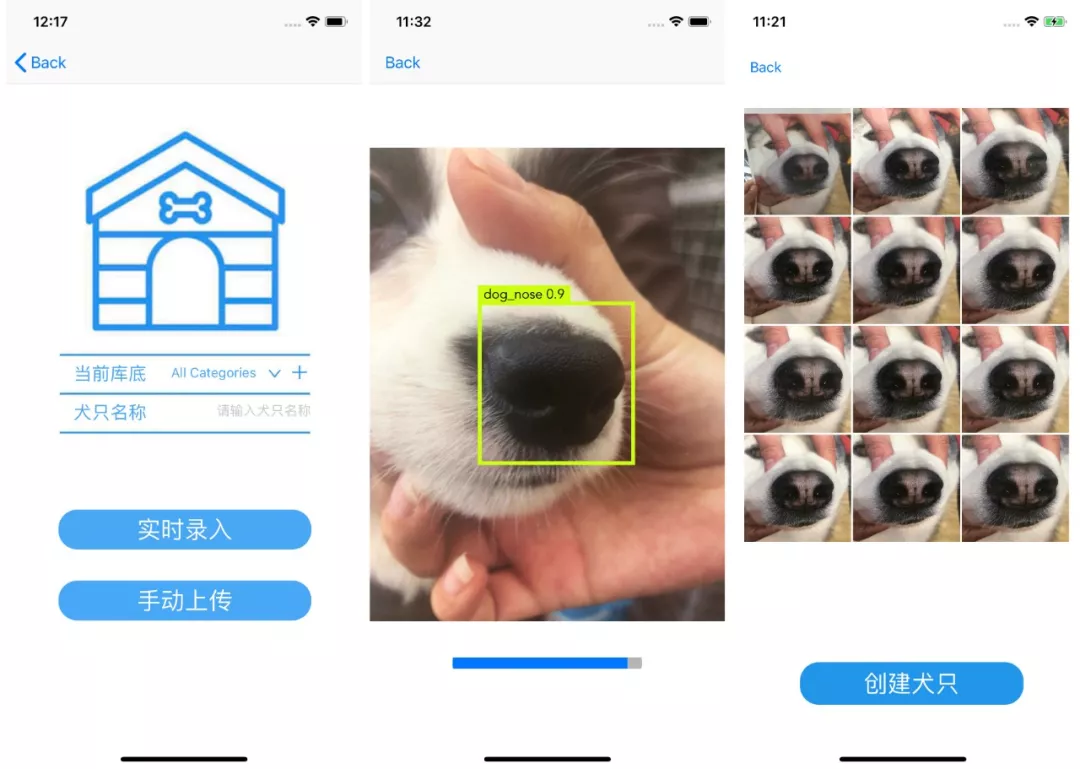
Move over humans, this startup is making facial recognition for pets
Megvii says it can identify individual dogs by scanning their noses
(Abacus is a unit of the South China Morning Post, which is owned by Alibaba -- a backer of Megvii.)
Megvii’s method, however, doesn’t require smearing your dog’s snout. Just point your phone’s camera at the nose and the system will be able to locate key identifying markers, creating a unique profile of your dog in the database.
That would seem to require high-resolution images of your dog’s nose. Still, the company says using this method, it can verify a dog’s identity against an existing record with 95% accuracy. It also says the system can be used to identify a dog with “high precision” by checking it against records from a larger database, although the company didn’t elaborate on the accuracy rate in that scenario.


In any case, there seems to be no lack of pet owners willing to splurge on their four-legged friends. And there are plenty of businesses betting on China’s growing pet industry.
Bad news for owners of exotic pets, though: The scheme is currently only available for dogs and cats.
For more insights into China tech, sign up for our tech newsletters, subscribe to our Inside China Tech podcast, and download the comprehensive 2019 China Internet Report. Also roam China Tech City, an award-winning interactive digital map at our sister site Abacus.

